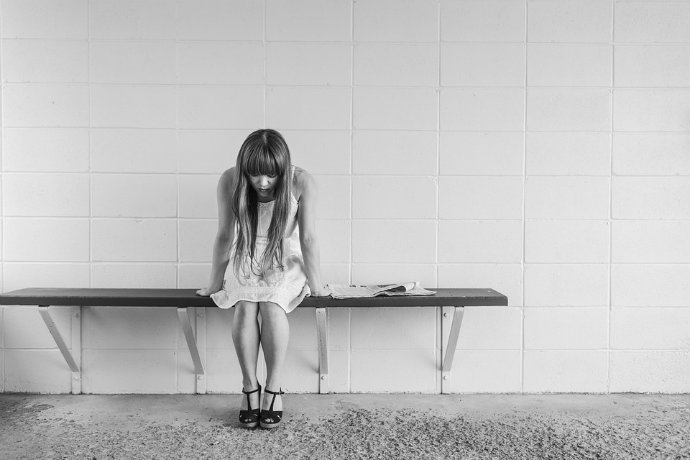
There’s absolutely no doubt that bullying is a difficult and traumatic experience for anyone, regardless of age.
It can happen in school, college, work, anywhere! It often tends to have a negative impact on self-esteem.
To mark Anti-Bullying Week , we look at the way in which bullying has an impact on self-esteem and self-identity.
What Is Self-Esteem?
Self-esteem is how we perceive ourselves and how much we consider ourselves worthy. It’s about the different types of beliefs we have about ourselves.
It’s very important to develop a healthy self-esteem, as it’s extremely necessary for maintaining good mental health.
People who have low self-esteem tend to feel negative about themselves and have a negative outlook on life. In particular, being bullied can ignite feelings or low self-esteem or even self-hatred. The person being bullied will continue to feel bad about themselves and will find it very difficult to perceive themselves in a positive light.
Low self-esteem leads to becoming socially anxious and feeling withdrawn from others, which is very common. It also causes depression, anxiety and can even trigger suicidal thoughts.
If you know someone who’s being bullied or has been bullied, then the best way to help rebuild their self-esteem is to be reassuring. Also, make them feel that they’re worthy by drawing attention to their positive qualities. Encourage them to engage in activities that are of great interest to them. That’ll boost their self-confidence.
That’s where our Developing Self-Esteem course comes in. Our course will help you to understand how to deal with those predominantly negative feelings, nurture yourself and improve your self-esteem. This course would especially benefit anyone who has experienced bullying.
Effects of Bullying on Self-Esteem
As discussed in our previous blog post, the effects of bullying can be long-lasting. People who’ve experienced bullying are more likely to be highly self-critical.
Whenever they receive belittling comments, about their physical appearance for example, then they’re more likely to believe it’s true.
They tend to believe that they’re inferior because someone else decides to poke fun at their differences. Everyone is different and everyone has different qualities that each make us special.
Having a low self-esteem from bullying can have an impact on mental health and can also affect young people later on in their lives. It can also put a serious strain on any current or future relationships. The best thing to do is use the following tips to increase self-esteem so that they develop social skills for healthier adult friendships and relationships.
Get the Appropriate Support…
- Identify and challenge negative thoughts and beliefs – this is often a painful experience for anyone who’s experienced bullying. You’ll often find yourself regularly having negative thoughts. Therefore, it’s extremely helpful to keep a diary. Write down the bullying incident, how it made you feel and the underlying beliefs.
- Focus on positives rather than negatives – get into the habit of thinking more positively about yourself. Keep objects, like photos or mementos of happy memories, that make you feel good about yourself. Also, don’t compare yourself to other people as it’s very damaging. Focus on the things you’re good at and what makes you special.
- Mindfulness – using techniques such as yoga and meditation. It’s known to help people become more aware of their feelings and thoughts so that they can manage them a lot better, rather than be overwhelmed by them.
What are your top tips for boosting self-esteem? Please let us know below…





Leave a Reply